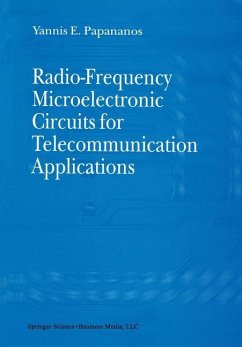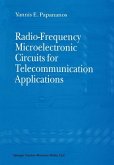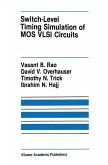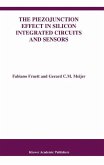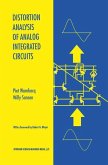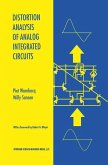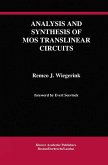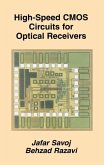Radio-Frequency Microelectronic Circuits for Telecommunication Applications covers the design issues of radio-frequency microelectronic circuits for telecommunication applications with emphasis on devices and circuit-level design. It uses a large number of real examples from industrial design as a vehicle both to teach the principles and to ensure relevance starting from device level modeling to basic RF microelectronic circuit cell design. Modeling for high-frequency operation of both active and passive integrated devices is covered starting from the bipolar transistor to the MOS transistor to the modeling of integrated spiral inductors, resistors, capacitors, varactors and package parasitics structures. A chapter is also devoted to the presentation of the basic definitions and terminology used in RF IC design. The book continues with the presentation of the principal building blocks of an integrated RF front-end, namely, the LNA, the mixer, the VCO and integratedfilters. Design paradigms are provided classified on the technology used in each case: pure bipolar, CMOS, BiCMOS or SiGe.
Radio-Frequency Microelectronic Circuits for Telecommunication Applications is essential reading for all researchers, practising engineers and designers working in RF electronics. It is also a reference for use in advanced undergraduate or graduate courses in the same field.
Radio-Frequency Microelectronic Circuits for Telecommunication Applications is essential reading for all researchers, practising engineers and designers working in RF electronics. It is also a reference for use in advanced undergraduate or graduate courses in the same field.

